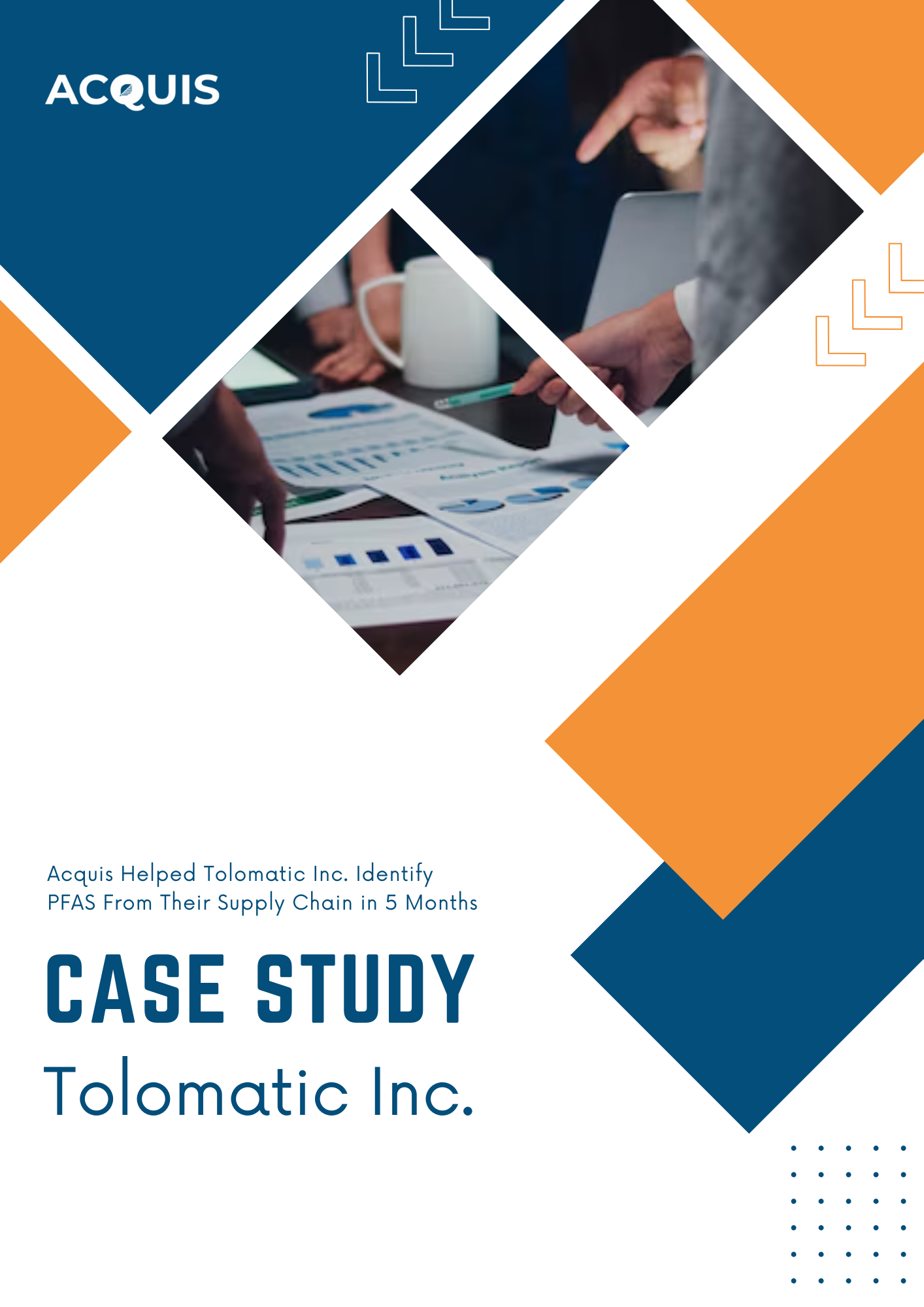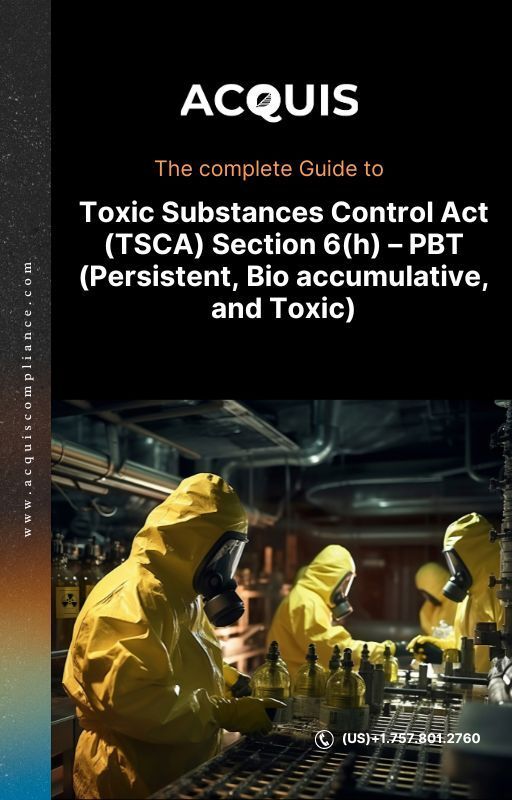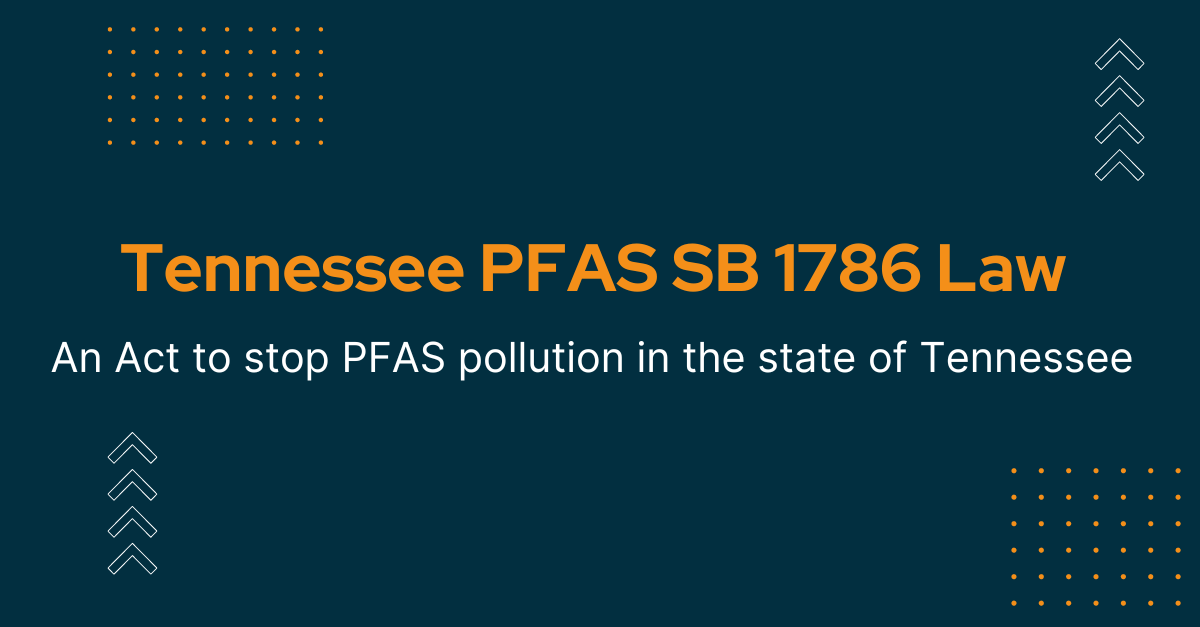Modern-day slavery remains a pressing issue in the 21st century, with countless individuals trapped in exploitative labor practices across the globe. The United States, as a global leader in human rights, has taken significant steps to combat this grave violation of human dignity within its borders. In this article, we delve into the reality of modern-day slavery in the United States, exploring its different forms, the efforts to eradicate it, and the importance of ongoing vigilance in the fight against this abhorrent crime.
Understanding Modern-Day Slavery
Modern-day slavery encompasses various forms of forced labor, human trafficking, and exploitation. It manifests in industries such as agriculture, manufacturing, construction, domestic work, and the sex trade. These vulnerable individuals, often lured by false promises or coerced through threats and violence, find themselves trapped in deplorable conditions, stripped of their basic human rights.
5 Kinds of Modern-Day Slavery
- Child Labor
- Bonded Labor
- State Imposed Labor
- Migrant and Indigenous People Exploitation
- Human Trafficking in the Private Economy
The Scope of the Issue
While the exact number of individuals affected by modern-day slavery in the United States is difficult to ascertain, it is an undeniable reality that demands our attention. Vulnerable populations, including undocumented immigrants, individuals experiencing poverty or homelessness, and those marginalized by society, are particularly susceptible to exploitation.
Legislation and Government Initiatives
Recognizing the urgency of the issue, the U.S. government has enacted legislation and implemented initiatives aimed at combating modern-day slavery. Key measures include:
- Trafficking Victims Protection Act (TVPA): Enacted in 2000 and subsequently reauthorized, the TVPA strengthens law enforcement responses to human trafficking, provides support for victims, and increases public awareness.
- Executive Order 13126: This order prohibits the acquisition of products made with forced or indentured labor by the U.S. government. It promotes responsible sourcing practices and raises awareness about the issue of modern-day slavery.
- Office to Monitor and Combat Trafficking in Persons (TIP Office): Established by the U.S. Department of State, the TIP Office leads the country's efforts to combat human trafficking, coordinates international partnerships, and publishes the annual Trafficking in Persons Report.
- The Uyghur Forced Labor Prevention Act (UFLPA): Introduced in the Senate in May 2020, the UFLPA garnered bipartisan support and was successfully passed in September of the same year. President Biden signed it into law on December 23, 2021, and it officially took effect on June 21, 2022. The act explicitly prohibits the importation of goods that are manufactured using forced labor in the XUAR.
Corporate Responsibility and Supply Chain Transparency
In addition to government initiatives, the private sector plays a crucial role in addressing modern-day slavery. Companies have a responsibility to ensure that their supply chains are free from forced labor and exploitation. This involves conducting thorough due diligence, engaging with suppliers, and implementing robust monitoring systems to identify and address any risks.
Transparency is a vital tool in combating modern-day slavery within supply chains. Companies can enhance transparency by disclosing information about their policies, supplier audits, and efforts to eradicate forced labor. By promoting supply chain transparency, businesses can encourage responsible practices and drive industry-wide change.
The Role of Consumer Awareness
Consumers also have a significant impact on the fight against modern-day slavery. By making informed choices and supporting companies that prioritize ethical sourcing and supply chain transparency, consumers can exert pressure on businesses to take proactive measures. Increased consumer awareness and demand for responsibly produced goods contribute to creating a more ethical marketplace.
Collaboration and Continued Vigilance
The fight against modern-day slavery requires collaboration among governments, businesses, civil society organizations, and individuals. By working together, sharing information, and leveraging resources, stakeholders can strengthen prevention efforts, victim support systems, and law enforcement responses.
It is essential to remain vigilant and continuously assess and address the evolving nature of modern-day slavery. Through ongoing education, research, and awareness campaigns, we can better identify and combat this heinous crime, protecting the rights and dignity of every individual.
Conclusion
Modern-day slavery is an urgent and abhorrent issue that demands our collective attention and action. In the United States, efforts to combat this grave violation of human rights are being made through legislation, government initiatives, corporate responsibility, consumer awareness, and collaboration among various stakeholders.
By understanding the different forms of modern-day slavery and its scope, we can shed light on the plight of vulnerable individuals trapped in exploitative labor practices. Undocumented immigrants, impoverished individuals, and marginalized populations are particularly susceptible to being victims of modern-day slavery.
The U.S. government has taken significant steps to address this issue. The Trafficking Victims Protection Act (TVPA) strengthens law enforcement responses, provides support for victims, and raises public awareness. Executive Order 13126 prohibits the use of products made with forced or indentured labor by the U.S. government, promoting responsible sourcing practices. The Office to Monitor and Combat Trafficking in Persons (TIP Office) leads the country's efforts in combating human trafficking and fostering international partnerships.
Corporate responsibility and supply chain transparency play a vital role in eradicating modern-day slavery. Companies must conduct due diligence, engage with suppliers, and implement robust monitoring systems to ensure their supply chains are free from forced labor. Transparency in disclosing policies, supplier audits, and efforts to combat forced labor encourages responsible practices and drives positive change within industries.
Acquis is committed to fighting modern-day slavery in the US and globally. Our solution aligns with the OECD due diligence programs. We meticulously collect data and documentation from every segment of your supply chain, conduct virtual audits of your suppliers, and identify those at high risk. Our comprehensive approach provides you with unparalleled insights into your supply chain.
We firmly believe that supply chain transparency and visibility are not only legal requirements but also essential to meet the expectations of consumers. By partnering with Acquis, you can ensure that your supply chain is free from the taint of modern-day slavery and that your business operates with integrity.
To witness the effectiveness of our anti-human trafficking program and experience the transformative impact it can have on your supply chain transparency, Book a demo and discover how Acquis can empower your organization to exceed compliance standards and gain a competitive edge while actively contributing to the eradication of modern-day slavery.
Speak to Our Compliance Experts
Share
ENVIRONMENTAL COMPLIANCE
- RoHS
- SCIP (WFD)
- REACH
- California Proposition 65
- Material Disclosure (FMD)
- PFAS
- TSCA PBT
- EU POPs
- EU MDR & IVDR
- ELV (GADSL)
- Others
- Extended Producer Responsibility (EPR)
INTEGRATION SUPPORT
WE ARE GLOBAL
USA
6705 Ridgedale CT, Glen Allen, VA 23059
+1.757.801.2760
info@aquiscompliance.com
India
#9/2, Hennur Bagalur Main Road, Bengaluru - 560077
+91 789 238 1827
info@aquiscompliance.com



